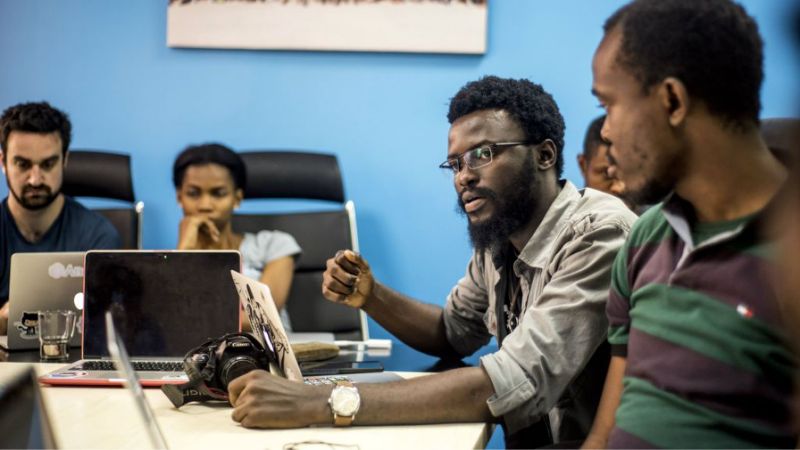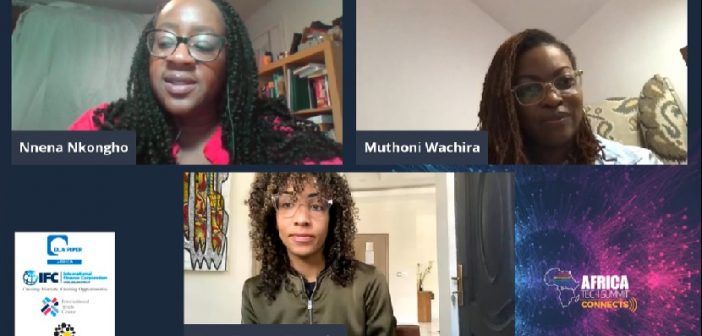Discussing how diversity impacts outcomes in the startup ecosystem in Africa, the panel agreed that local founders are a key element of successful businesses, and as such investors should ensure African team members are well-represented in any pipeline companies.
“We strongly believe that only people who have lived experience in their ecosystem and have a close understanding of the problem they are solving, will actually do so profitably and sustainably,” said Muthoni Wachira, chief investment officer (CIO) at Unconventional Capital.
“I would hope that venture capital firms investing on the continent have a lot of Africans that they’re investing in,” said Maya Horgan-Famodu, managing director at Ingressive Capital.

“Our strong belief is that what is required for success in the ecosystem is local access and local connections, as well as an intimate understanding of the target demographic, and those things are such that I’ve not seen an example where it’s not required to have at least one indigenous equity holder in the business and a decision maker that fits those criteria.”
As reported by Disrupt Africa, Wachira works with the Safaricom Spark Fund to identify and fund late seed-stage companies in Kenya, and says this type of initiative, with well-known local organisations providing funding can contribute to growing the proportion of local founders receiving funding – as the vast majority of applicants to the fund are from local founders.
Similarly, she said investors need to “break the narrative that there’s little pipeline of locally owned businesses who can scale”.
“In a continent where 99 per cent of the population is black, it’s not justifiable that only 10 per cent [of funding] goes to local founders... We want to prove that there is a large pipeline of early stage businesses, and not only can we identify them, we can invest in them, and we can exit.”


